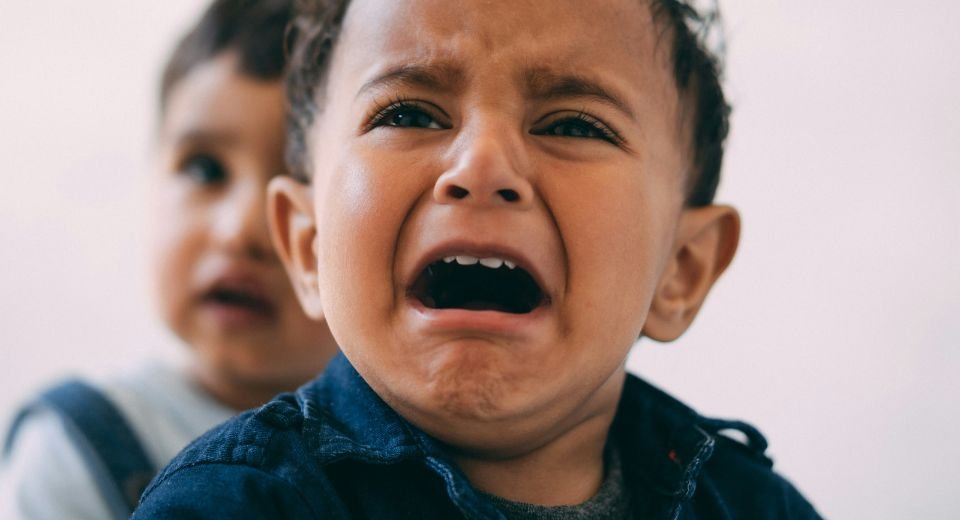HQ Team
May 6, 2025: In countries with low or middle incomes, physically punishing children result in poor health, lower academic performance and impaired social-emotional development, a study finds.
The analysis yielded similar results in wealthier nations. At the same time, the punishment had no impact on cognitive skills, motor skills, or ending up as a child labourer.
In 2006, the then United Nations Secretary General, Ban Ki-moon, called for a ban on corporal punishment—acts of physical force to inflict pain that includes smacking, shaking, and spanking—for children.
To date, 65 countries worldwide have instituted full or partial bans on the practice.
Wealthier nations
Most of the bans were established in high-income countries (having a gross national income of at least $14,000 per capita), bolstered by the UN’s call and research findings of detrimental outcomes in wealthier nations.
The researchers analysed 195 studies related to corporal punishment published between 2002 and 2024.
The studies covered 92 low and middle-income countries, 19 outcomes related to parent-child relationships, mental and physical health, violent behaviour, attitudes toward violence, substance use, cognitive function, social-emotional skills, sleep, motor skills, and likelihood of being a child labourer.
They found physical punishment was significantly associated with negative consequences in 16 of the 19 outcomes.
Substance abuse
The negative consequences include worse parent-child relationships, being a victim of violence, perpetrating violence (including intimate partner violence in adulthood), approving violence, physical health problems, mental health problems, substance use, and poor academic outcomes.
Impaired language skills, impaired executive function, impaired social-emotional skills, overall behavioural problems, internalising behaviour problems (e.g., depression and withdrawal), externalising behaviours (e.g., aggression and destruction), impaired early child development, and quality of sleep were also observed.
“The consistency and strength of these findings suggest that physical punishment is universally harmful to children and adolescents,” said lead author Jorge Cuartas, assistant professor of applied psychology at New York University’s Steinhardt School of Culture, Education, and Human Development.
Socially normative
“Moving forward, more research is needed to identify effective strategies for preventing physical punishment on a global scale and ensuring that children are protected from all forms of violence to support their healthy development,” Cuartas said.
Some scholars have suggested that physical punishment might have different effects in countries where it is more prevalent or socially normative, a perspective known as the “cultural normativeness hypothesis,” he said.
“However, the lack of data from low- and middle-income countries has made it challenging to fully understand the balance between universal and context-specific harms of physical punishment during childhood.”
The findings were published in Nature Human Behaviour.








